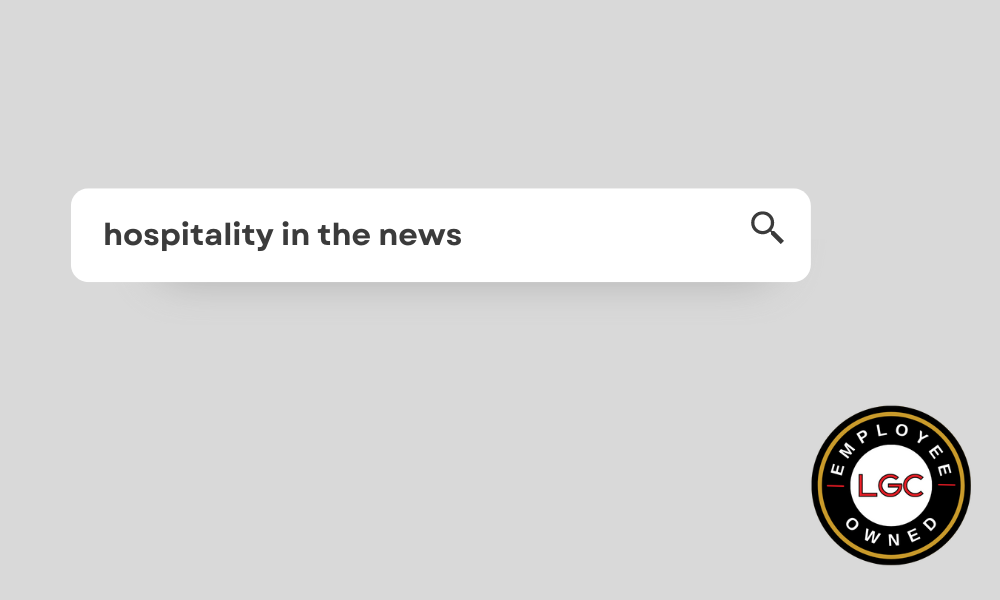Every week we comb through the news to find employment trends affecting the hospitality industry so you don’t have to. This week’s topic: how to structure your post-pandemic resume.
For over a year, employees around the country were furloughed or permanently laid off due to the rapid spread of the coronavirus. The hospitality and foodservice industries were some of the most impacted businesses, with restaurants just beginning to loosen restrictions a few months ago. As we get further into Spring, most major cities will be looking to hire staff to account for a surge in business as the weather improves.
At this point, it’s unrealistic to think that hiring managers are unaware that people were laid off because of the pandemic. Regardless, it’s still important to make sure your post-pandemic resume is up to date. But for job seekers who haven’t worked for the better part of a year, what’s the right way to update your post-pandemic resume for filling out applications? We’ll cover some common concerns and the best way to express them on your post-pandemic resume.
Concern: “I was laid off as soon as COVID-19 restrictions were put in place and haven’t worked in over a year.”
Employers will be looking for transparency, but there probably isn’t a need to go into too much detail about being furloughed if it was because of the pandemic. Clearly lay out past employment dates and in lieu of including job experience for the past year, highlight your soft skills and what strengths you can bring to the table.
Concern: “I haven’t worked since the beginning of the pandemic but want to find a new job in a different industry.”
Some hospitality professionals may be looking to change industries after the impact of the pandemic but aren’t sure how to design their resume. Consider placing special importance on any transferrable skills you have that are relevant to the job you’re applying to. For example, if you worked as a bartender, you could bring attention to your multi-tasking and organizational skills rather than your expertise in crafting cocktails.
Concern: “I’ve worked here and there during the pandemic but nothing long-term. I’m ready to get back into the workforce.”
Work you did during the pandemic is significant, especially if it’s relevant to the job you’re applying for. But if it wasn’t steady work, it may be hard to describe what you accomplished. Rather than listing each individual day you worked, consider using a functional resume template. A functional resume focuses on listing professional skills as opposed to each job you’ve held –– this will better feature your accomplishments when creating your post-pandemic resume.
Concern: “I took some courses and got some certifications during quarantine. Should those go on my resume?”
The answer is yes, if it’s relevant in some way to the job you’re interested in. This will help further support your credentials and show your investment in self-improvement. Add certifications and courses into your skills section or create something specific to house your achievements.
After a year of uncertainty around the pandemic, things are finally starting to look up with 25% of the U.S. population being fully vaccinated. Though it can feel stressful to reenter the workforce, taking small steps will help you be more prepared once you find the right job. Give your post-pandemic resume a revamp that way it’s ready for the current employment landscape.
***
If you’re looking to ease back into the workforce, consider a job with LGC. You can choose when and where you want to work and get paid weekly – not only that, but we offer consultations to assist you with your job search or updating your resume. Contact us today.

